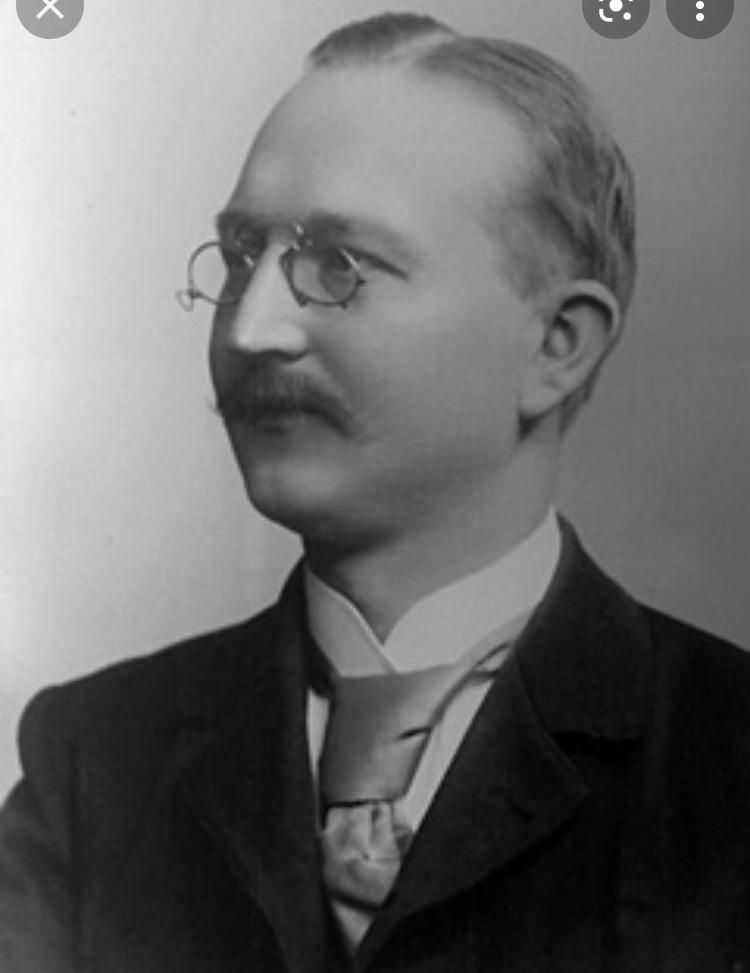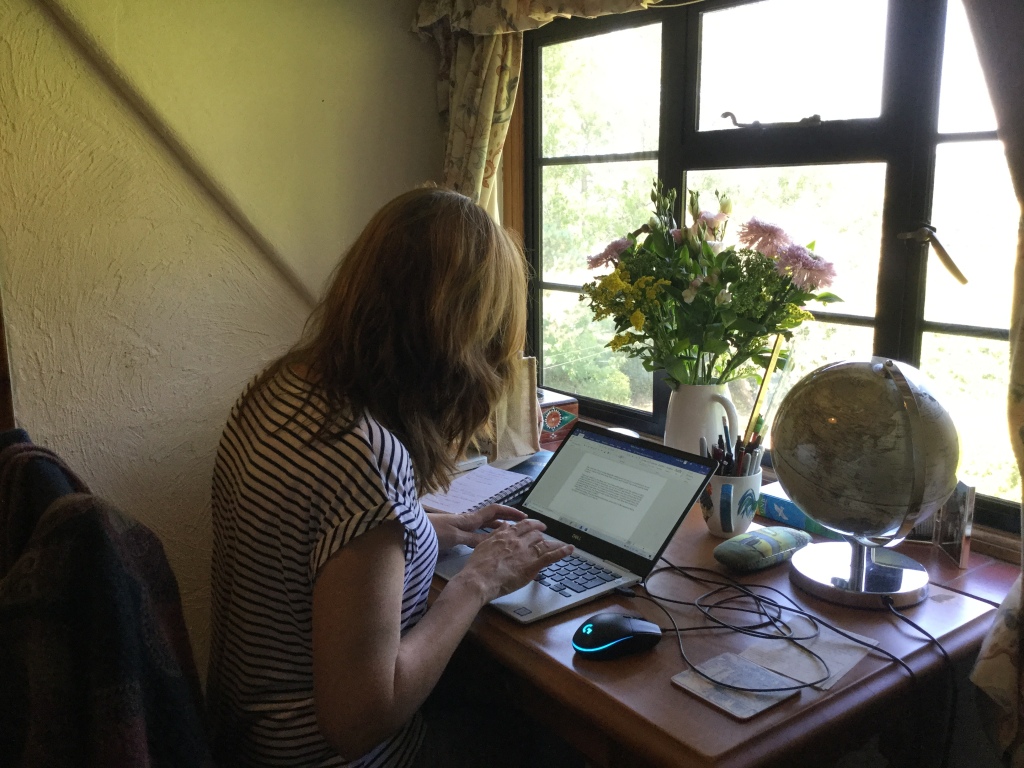Herman Gunkel’s Psalms
I have just attended a fascinating lecture about Psalms, so I want to tell you about it. (I ought to be writing an essay, but this is more fun.)
When you study at Spurgeon’s College, you are allowed to listen to any of the other lectures that they offer. So although it is not related to my course, when I heard there was a lecture about Old Testament writing, I slunk into the back and took notes. It really was very interesting.
In case you don’t know, Psalms are found in the middle of the Bible, and are songs/poems, expressing emotions and full of metaphors. A chap called Herman Gunkel (can only be German with a brilliant name like that!) decided that rather than fuss about who wrote the Psalms, and which situations they related to, we should simply examine them “sitz im Leben,” which means ‘forget all the things we cannot possibly know, and think about the general setting.’
“Ah,” you might say, “but my Bible tells me who wrote the Psalms, some of them say ‘of David’ in the title.”
Well, that is very misleading. Don’t forget, you are probably reading an English translation. The Hebrew would say:לְדָוִד which can be translated as ‘of David’ or ‘to David’ or ‘for David’ or ‘the sort of thing that David wrote.’ So a bit uncertain really.
Herman lived about a hundred years ago, but scholars still use his findings today.
He sorted the Psalms into three main types: hymns, laments and thanksgiving. If you pick a Psalm, it will fit into one of those categories. He then divided them up further, saying that each type would have certain features—which makes it easy to categorise them if you have to write an essay or preach a sermon—but is also simply interesting.
As you might remember, I am going to learn some of Psalm 22 every day in Lent, and in preparation I have been reading the English version and learning some of the vocab. This Psalm is a lament. If you look, it fits into the category noticed by Herman. A ‘lament’ has the following form:
*It’s addressed to God. *It describes a terrible situation. *There is a confession of trust. *There is a petition. *There is an appeal to God’s care. *There is a vow of praise. *It finishes with an assurance of being heard.
Pick a Psalm, if you can divide it as above, it is a lament. The other forms (hymns and thanksgiving) also have a set structure. It’s quite fun when you know, because you start to spot the various forms when you are reading them.
However, be careful, because the occasional Psalm doesn’t seem to fit. This is probably because originally, they were two separate Psalms, and an editor has patched them together. (Or I suppose it could be that Herman was wrong, but people who know more than me believe he was correct, so who am I to argue?)
The lecture then talked about all the nasty bits in Psalms, and how we should view them today. We looked at a Psalm that ended with the hope that their enemies would suffer and the heads of their babies would be smashed against rocks. Not something we tend to preach in church today. How should we use the uncomfortable and violent sections of Psalms?
Some people simply ignore those bits, and edit the Psalm so only the ‘nice’ bits are read out. That seems like a cop-out to me.
Some people ‘spiritualise’ the Psalm, and transfer the curse to anything evil, wanting for temptation or greed or hatred to be ‘smashed against rocks.’ Personally, I think there are dangers with spiritualising things that were not meant to be spiritualised—the early writers did want to smash up babies’ heads, that is the era in which they lived and I think we should look at the Bible through the lens of history. That’s what they wanted, we don’t say things like that now, though we understand the sentiment of anger.
Some people use those bits to express anger, even though they wouldn’t actually want to smash heads today—they say the anger is a human condition, and that is still relevant. I’m not sure about that either, because the curse is so violent, I don’t feel it does express my own emotions. What do you think?
Anyway, it was all very interesting, and I think I will gate-crash other lectures in the future. Hope you enjoyed reading about it. Thank you for reading.
Take care.
Love, Anne x




